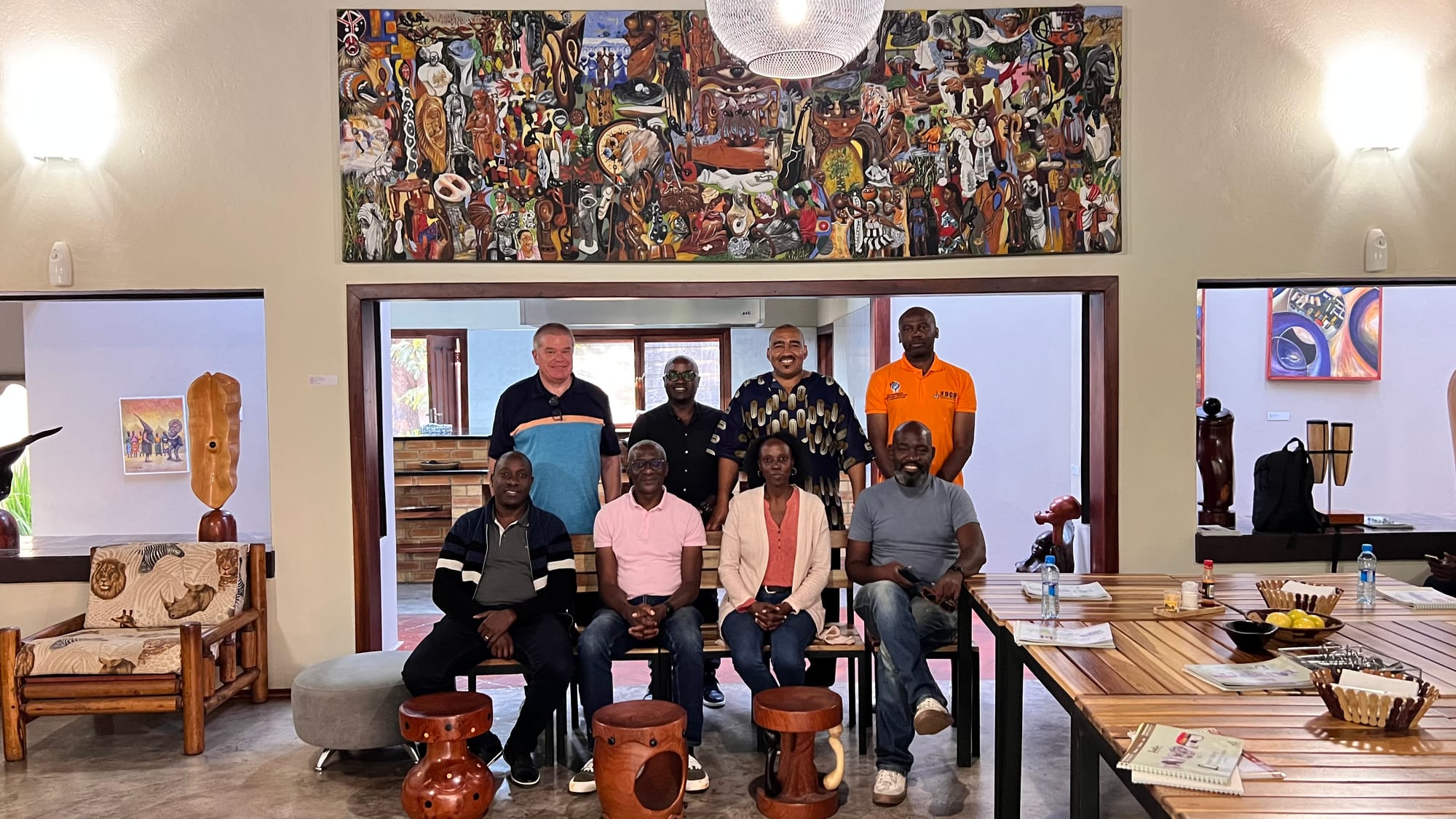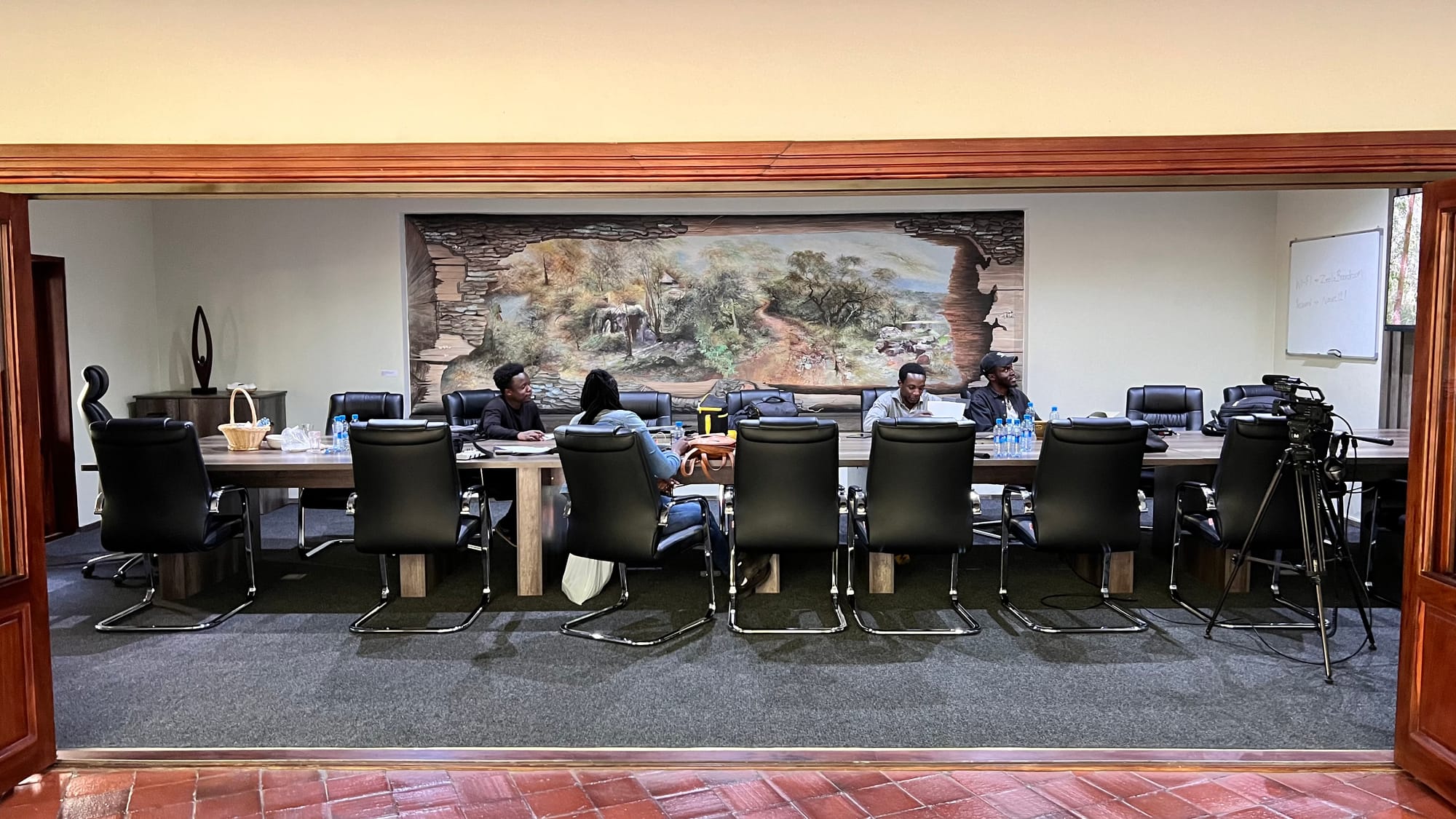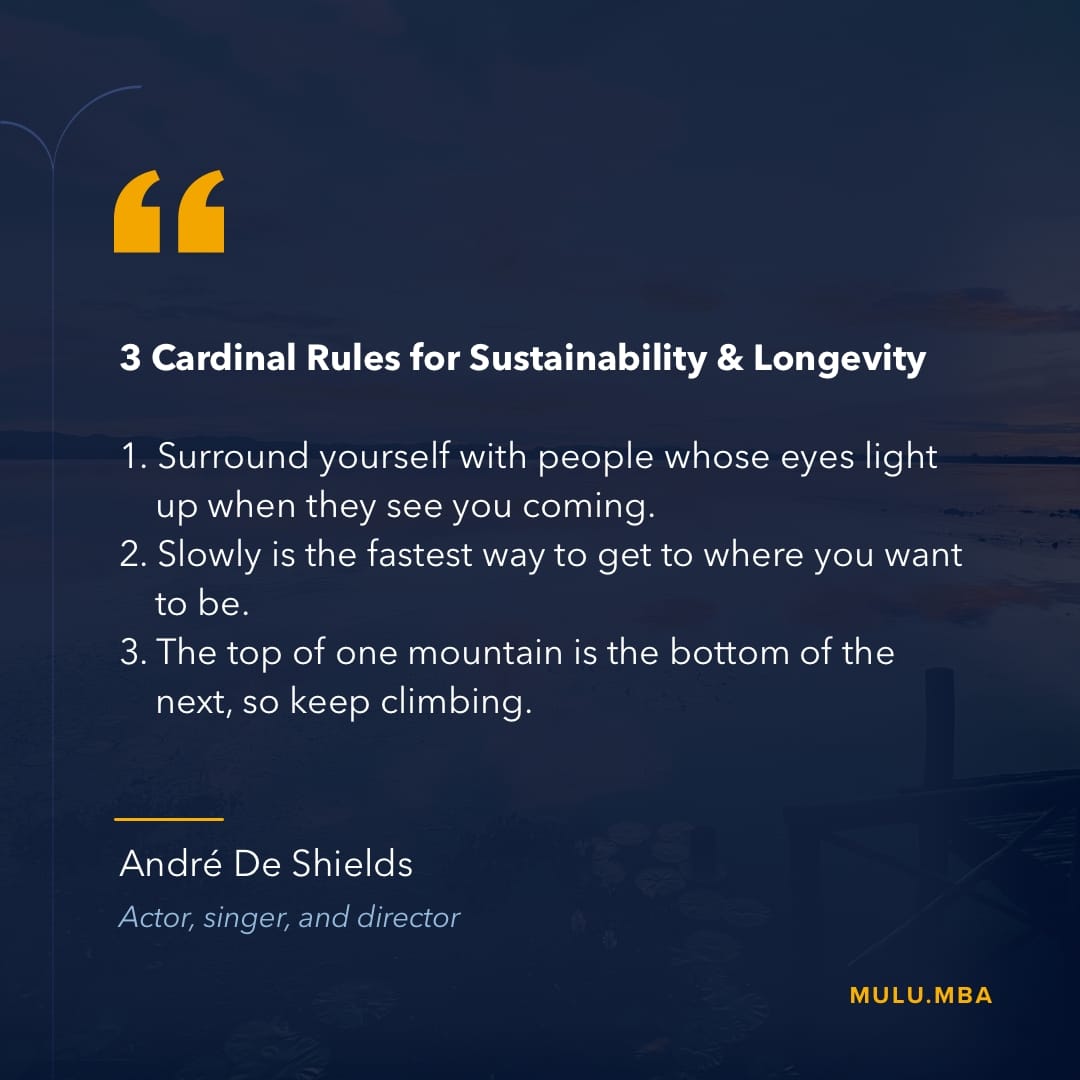I spent last Saturday morning and afternoon in the company of some of Zambia’s foremost small business champions during a Zambia Business Angels Network (ZBAN) Technical Working Session.
To say the space we held our meeting is amazing would be an understatement for the wonder and amazement you feel on entering its gates. It is a curious mind’s wonderland—adorned with art pieces that showcase some of Zambia’s finest artists, painters, and sculptors. The collection is like no other and seamlessly blends into the homestead and art gallery canvas whilst delighting one’s senses at every turn.
When in Lusaka, be sure to visit Zeela Art Gallery to view the great works on display in its marvelous collection!









A day at Zeela Art Gallery with the Zambian Business Angels Network (ZBAN)
Saturday also offered a great opportunity for us to share experiences and network as we charted the way forward on how, as an angel investor network, we can assist more local entrepreneurs and small businesses to be nimble and thrive by streamlining our deal flow process.
The principles of art and business often converge in their shared focus on creativity, vision, and communication. Both domains thrive on the ability to innovate and think outside the box, transforming abstract ideas into tangible outcomes. In art, this is seen through the creation of visually compelling works that evoke emotion and provoke thought. In business, innovation drives product development, marketing strategies, and customer engagement. Both artists and entrepreneurs must effectively communicate their vision, whether through a masterpiece or a business plan, to inspire and connect with their audience, ultimately driving success and growth.
A special thanks to ZBAN for an inspiring way to begin the new month!

Recent Reads: Exploring Economics, Leadership, and Innovation
It's been a while since I posted—I spent the last few months (read: year) as an active participant in Zambia's economy and a good chunk of that time was spent learning by diving into a few books:
- Basic Economics, Fifth Edition: A Common Sense Guide to the Economy by Thomas Sowell
Thomas Sowell presents a comprehensive and straightforward guide to economic principles without the jargon. This book demystifies economics, making it accessible for readers of all backgrounds. It covers everything from supply and demand to the roles of prices and markets, emphasizing the importance of understanding economics to make informed decisions in everyday life. - Wealth, Poverty, and Politics: An International Perspective by Thomas Sowell
In this insightful book, Sowell explores the disparities in wealth and income across different societies. He delves into historical, cultural, and geographical factors that contribute to economic inequality, challenging common misconceptions and providing a well-rounded perspective on global economic issues. - Economic Facts and Fallacies by Thomas Sowell
Sowell debunks common economic myths and misconceptions in this engaging read. The book addresses various fallacies related to gender, race, income, and housing, offering a fact-based examination of the issues and highlighting the importance of critical thinking in economic discussions. - Genghis Khan and the Making of the Modern World by Jack Weatherford
This fascinating biography sheds light on the life and legacy of Genghis Khan, revealing how his empire shaped the modern world. Weatherford presents a compelling narrative of Khan’s conquests and governance, illustrating the profound impact of his leadership on the development of trade, communication, and cultural exchange. - Meditations by Marcus Aurelius
A timeless classic, Meditations is a collection of personal writings by Roman Emperor Marcus Aurelius. These philosophical reflections offer profound insights into stoicism, self-discipline, and the nature of life. It is a guide to living a balanced and virtuous life, grounded in wisdom and introspection. - Mastery by Robert Greene
Robert Greene’s Mastery is a deep dive into the process of achieving excellence. The book explores the journeys of historical figures such as Leonardo da Vinci and Charles Darwin, highlighting the principles and strategies that led to their success. Greene emphasizes the importance of dedication, practice, and learning from mentors to achieve mastery in any field. - The Diary of a CEO: The 33 Laws of Business and Life by Steven Bartlett
Steven Bartlett shares his entrepreneurial journey and the lessons he learned along the way in this candid and inspiring book. The 33 laws cover various business and personal development aspects, providing practical advice and insights for aspiring entrepreneurs and leaders. - How Innovation Works: And Why It Flourishes in Freedom by Matt Ridley
Ridley explores the history of innovation and the conditions that foster it in this enlightening read. He argues that freedom and decentralized decision-making are crucial for innovation to thrive. The book provides numerous examples of groundbreaking inventions and discoveries, illustrating how innovation drives progress. - The Laws of Human Nature by Robert Greene
In this comprehensive guide to human behavior, Greene delves into the psychological principles that drive our actions. The book covers various aspects of human nature, from self-awareness to empathy, offering valuable insights for understanding and navigating social dynamics. - How to Know a Person: The Art of Seeing Others Deeply and Being Deeply Seen by David Brooks
David Brooks explores the art of truly understanding and connecting with others in this thought-provoking book. He emphasizes the importance of empathy, active listening, and genuine engagement in building meaningful relationships. It is a valuable guide for anyone looking to improve their interpersonal skills. - Walt Disney: The Triumph of the American Imagination by Neal Gabler
Neal Gabler’s biography of Walt Disney provides an in-depth look at the life and achievements of the legendary creator. The book chronicles Disney’s journey from humble beginnings to becoming a cultural icon, highlighting his creativity, perseverance, and impact on the entertainment industry. - Growth: From Microorganisms to Megacities by Vaclav Smil
In this ambitious work, Vaclav Smil examines the concept of growth across various scales, from biological organisms to human societies. The book explores the patterns and principles that drive growth, offering a multidisciplinary perspective on one of the most fundamental aspects of life and civilization.